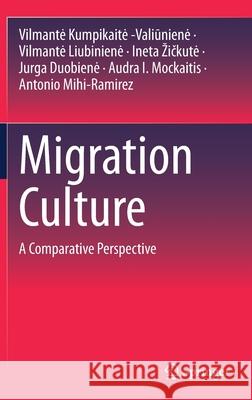Migration Culture: A Comparative Perspective » książka
topmenu
Migration Culture: A Comparative Perspective
ISBN-13: 9783030730130 / Angielski / Twarda / 2021 / 186 str.
Migration Culture: A Comparative Perspective
ISBN-13: 9783030730130 / Angielski / Twarda / 2021 / 186 str.
cena 483,04
(netto: 460,04 VAT: 5%)
Najniższa cena z 30 dni: 462,63
(netto: 460,04 VAT: 5%)
Najniższa cena z 30 dni: 462,63
Termin realizacji zamówienia:
ok. 22 dni roboczych
Dostawa w 2026 r.
ok. 22 dni roboczych
Dostawa w 2026 r.
Darmowa dostawa!
Kategorie BISAC:
Wydawca:
Springer
Język:
Angielski
ISBN-13:
9783030730130
Rok wydania:
2021
Wydanie:
2021
Ilość stron:
186
Waga:
0.46 kg
Wymiary:
23.39 x 15.6 x 1.27
Oprawa:
Twarda
Wolumenów:
01
Dodatkowe informacje:
Wydanie ilustrowane











